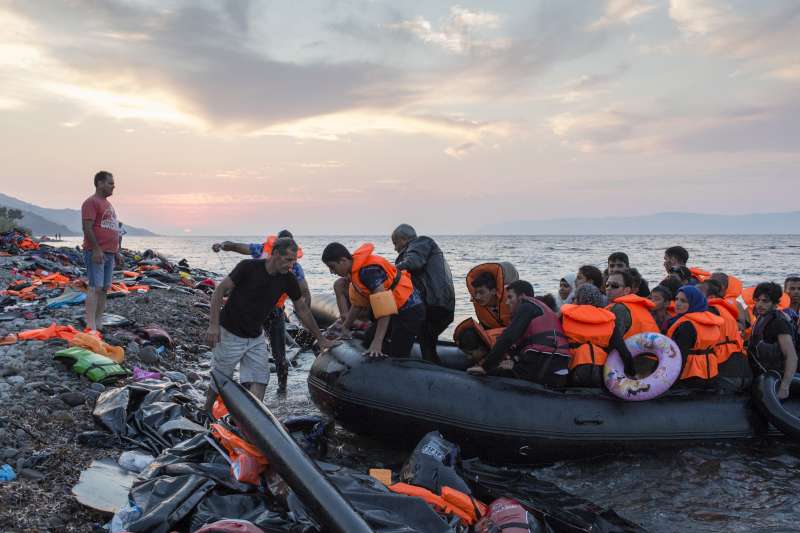Austria and Greece snub each other over migrant crisis
After Austria failed to invite Greece to an emergency meeting about the thousands of Syrian refugees flooding into the Balkans, Austrian Interior Minister Johanna Mikl-Leitner has been snubbed by the Greek government.
She asked to visit Greece to discuss the problem.
Alternate Minister of Migration Yannis Mouzalas said no.
After their meeting sans Greece, Austria, Serbia, Croatia, and FYROM have decided to restrict the flow of Syrians to 580 per day through their borders. In recent developments, close to four thousand migrants are stranded on Greek islands and are being ferried by NATO ships into Pireaus Port. But Greek authorities say they cannot handle the sheer number of refugees who need to be processed.
Another Balkan country, Bulgaria, has apparently modified its restrictive approach to migrants after another of President Nicos Anastasiades’ bridge-building visits last week.
“The migrant crisis cannot be solved separately by each country. We share the view that a common strategy is needed. Bulgaria and Cyprus play a very constructive role because we support a common solution,” said President of Bulgaria Rosen Plevneliev.
The UNHCR has accused the country of using harsh measures to keep out migrants, many of which come via Turkey’s land routes. The NGO is investigating the discovery of two dead bodies along the border with Bulgaria.
“What is still missing is solidarity and respect for decisions already taken. I want to hope that there will be a response and that at the forthcoming European Council there will be progress in an effective way on what has been agreed upon,” said President Anastasiades.
The source of the migrant flood - Syria
A fragile truce between Syrian rebels, the Syrian government forces, Russia and coalition allies is being broken by extremists who have taken the opportunity to attack civilians in Damascus. Terrorist groups Al Nusra and ISIS are not included in the partial truce.
The UN hopes to take food and supplies to 1.7 million Syrians in need.
Photo: UNHCR
[adrotate banner=”4″]



